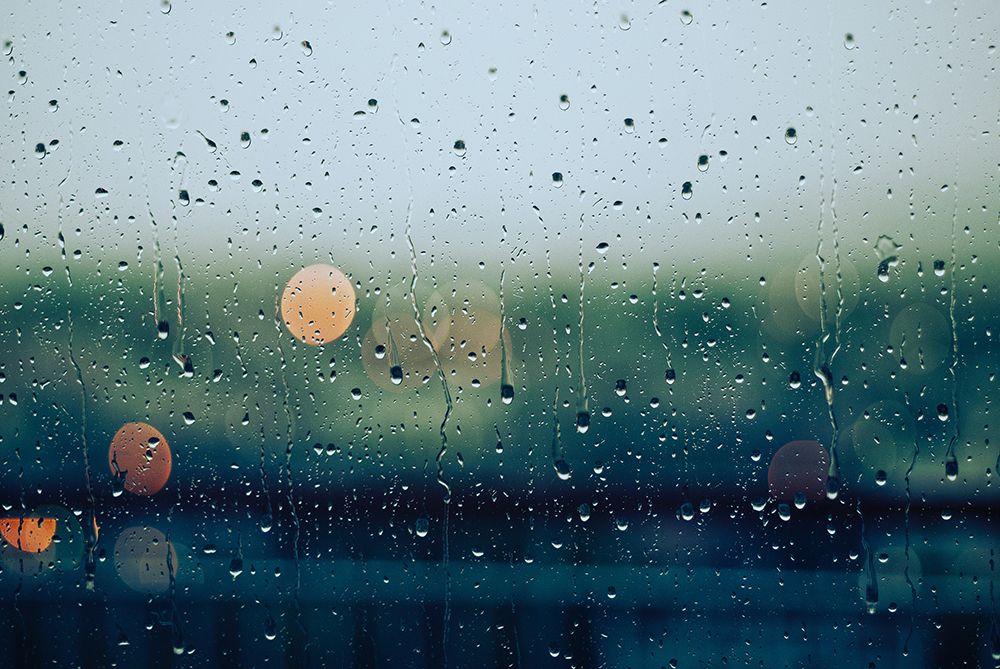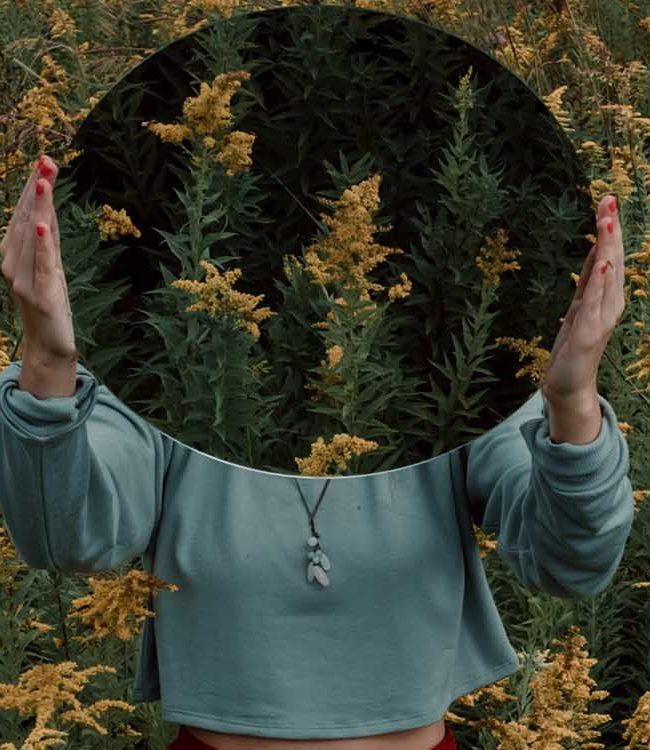Winter Blues
As the dreary weather sets in, the days get shorter and the nights colder. You might start feeling a little worse-for-wear in the emotional department. You may also experience tiredness, fatigue, not wanting to leave the house, changes in your appetite, sleep problems or anxiety – the list goes on. It’s easy to dismiss it as laziness or a spot of ‘Winter Blues’ as we look back with nostalgia to the summer months but feeling rubbish in winter is, in fact, a real thing.
SADness comes with the seasons
In Fact, winter Blues is a real thing and it’s called SAD – A fitting acronym for a pretty sucky thing called Seasonal Affective Disorder (SAD). It’s a type of depression which comes and goes with the seasons throughout the year. Those who suffer from SAD, experience symptoms of depression coinciding with a particular season, usually winter, but report to feel fine during the rest of the year.
SAD is often overlooked and not taken seriously because of lack of understanding. Doesn’t everyone get a bit down in the winter? Doesn’t everyone resent leaving their cosy warm beds on a cold winter morning? Sure, but Seasonal Affective Disorder is a little more complicated than a reluctance to switch off Netflix when it’s raining outside.
What is S.A.D according to Science?
There are actually a whole bunch of neurological things going on in our brains that can be linked to SAD. The most common theory is that there are various hormones affecting how we function throughout the day. The hormone ‘Melatonin’, which controls our sleep cycle, is thought to be “phase-delayed” in people with Sad, meaning it is secreted at the wrong times of the day, making us feel sluggish and tired most of the time. (The Guardian, 2017)
SAD is also said to be brought on by lack of sunlight which is more prevalent in Winter with the shorter days. Studies have shown that our brains release Serotonin according to the time of day which is directly influenced and regulated by light. As blue light hits the retina in the eye, it triggers the release of Serotonin in the brain. So, in Winter when there is far less sunlight, our brains are tricked into thinking it’s still night time, causing a lack of serotonin and therefore a feeling of depression. We all know that feeling when we wake up and its dark and leave school or work in the dark.😴 Unsurprisingly, the condition is commonly reported in northern countries where there are periods of prolonged darkness or shorter periods of daylight.
What is S.A.D according to History?
Historically, the majority of humans commonly worked outdoors so we got plenty of natural sunlight. Nowadays, however, we spend the majority of our time in the day at school, college or work under artificial lighting and often don’t leave until after dark. This means we are much more susceptible to Seasonal Affective Disorder.
Humans, in general, spend less time outdoors. With the invention of TV, computers, iPads, and tablets, there is less incentive to go out because we have everything we need for entertainment within the home, meaning we often miss the light triggers that our bodies need to stay happy and healthy.
[full-width-figure image=”https://dtl-staging.org/2020/wp-content/uploads/2017/11/SAD-compressor.jpg”]
Here’s how to turn that frown upside down 🙃
Light
The trick is to try to get as much natural sunlight as possible. Go for a walk at lunch and be outside more on the weekends. Alternatively, Bright Light Therapy is a common treatment of SAD. It essentially tricks our brains into producing more serotonin by using a special lamp which emits a bright fluorescent light emulating that of the Sun. These are called ‘Sad Lamps’ and are specially made for the purpose of treating Seasonal Affective Disorder, using any other light for this purpose could cause serious damage to your eyes and health.
Eat
As with any other health issue, what we eat has a lot to do with how we feel. Remember that your body runs on fuel just like a car, if you put bad fuel in, you’ll only get poor performance out. Eating a healthy balanced diet with lots of fresh, green ingredients will certainly make you feel better. Similarly, if you are not eating enough, you are likely to feel sluggish, weak and sleepy. In the winter, we use more energy to keep ourselves warm so it makes sense that we’d have a slightly bigger appetite in the later months. Make sure you’re refuelling regularly and eating three, well-balanced meals a day.
Exercise
Exercise makes us feel good. It might not feel like it at the time but when we exercise our brains release chemicals called Endorphins which trigger good feelings of positivity and elation. It’s really important to stay active, even if it’s raining!
See a GP
If you’re concerned about your mental health or think you might have SAD, make sure you see your doctor. We can’t give you medical advice but your doctor can! Looking after your mental health is very important, we can’t stress this enough: you are allowed to ask for help.
Want to know more? Check out what the NHS says about S.A.D













